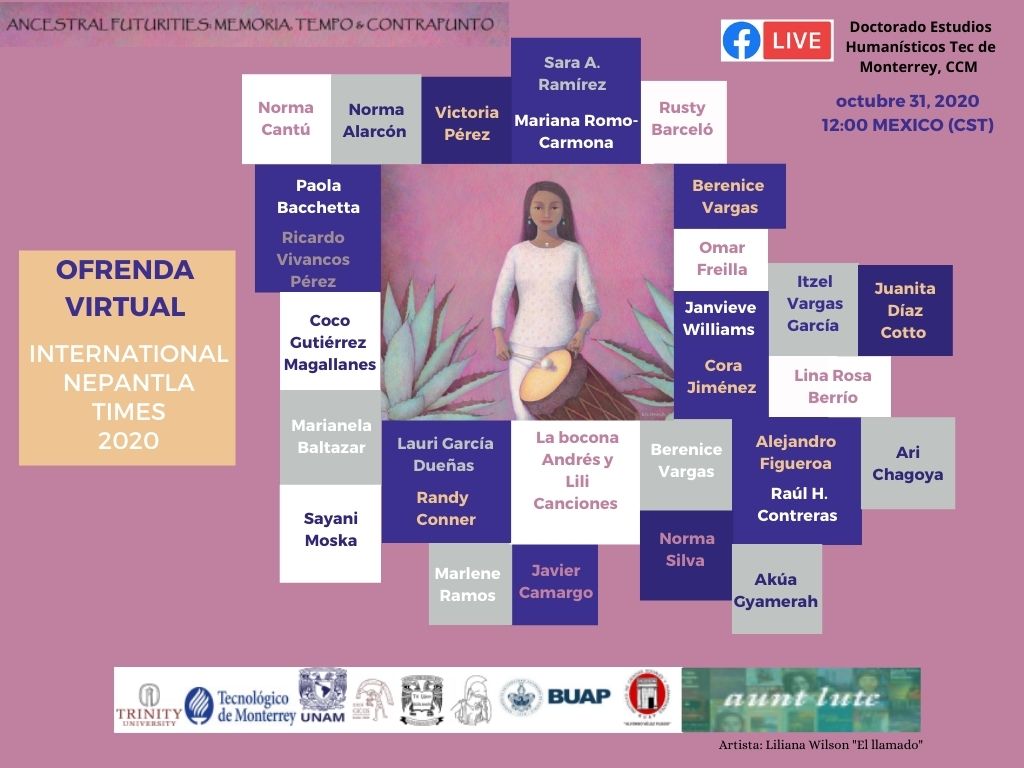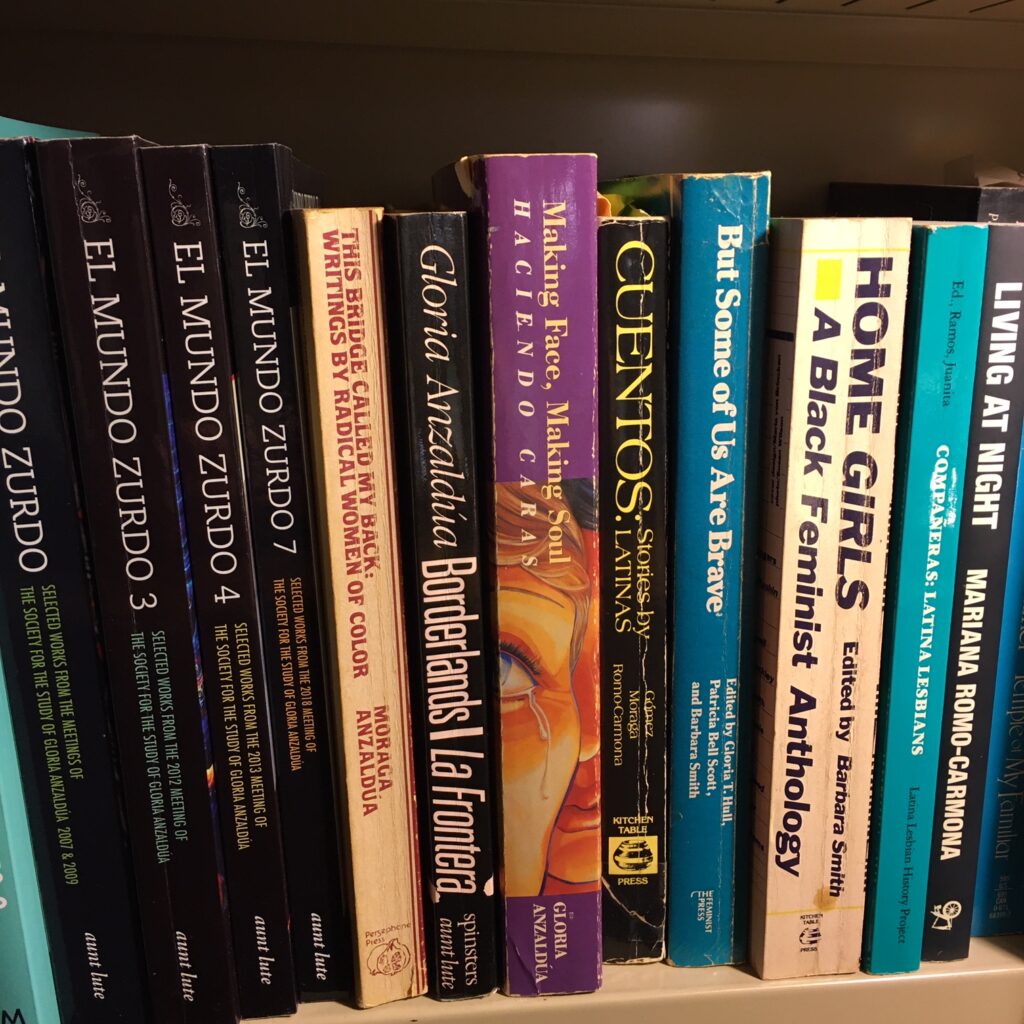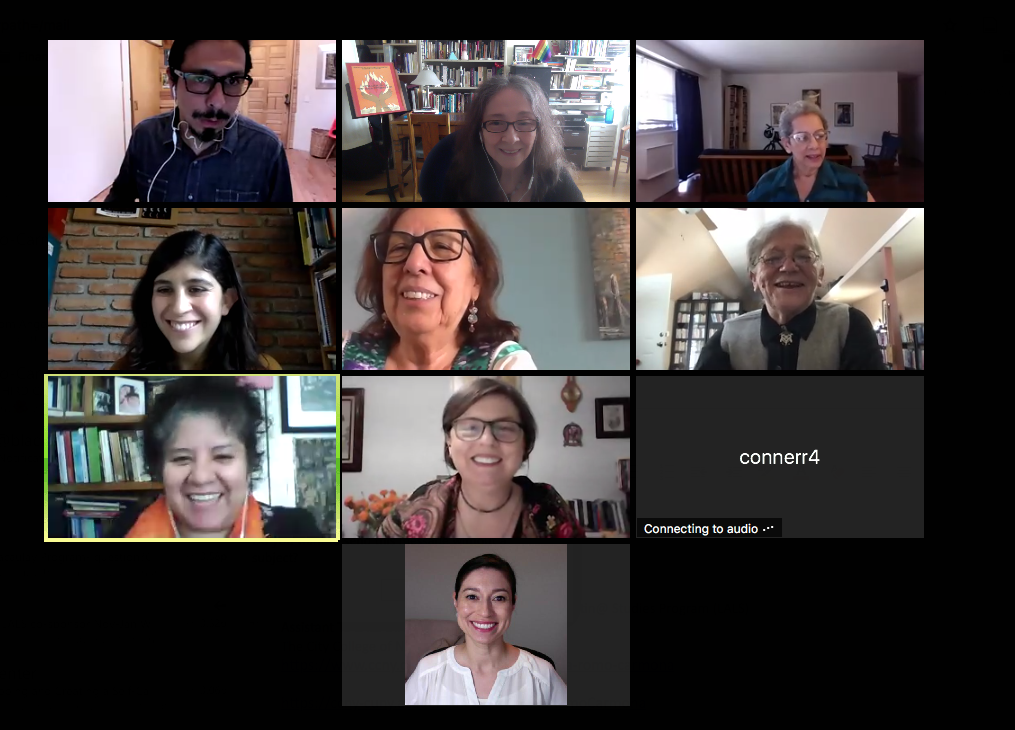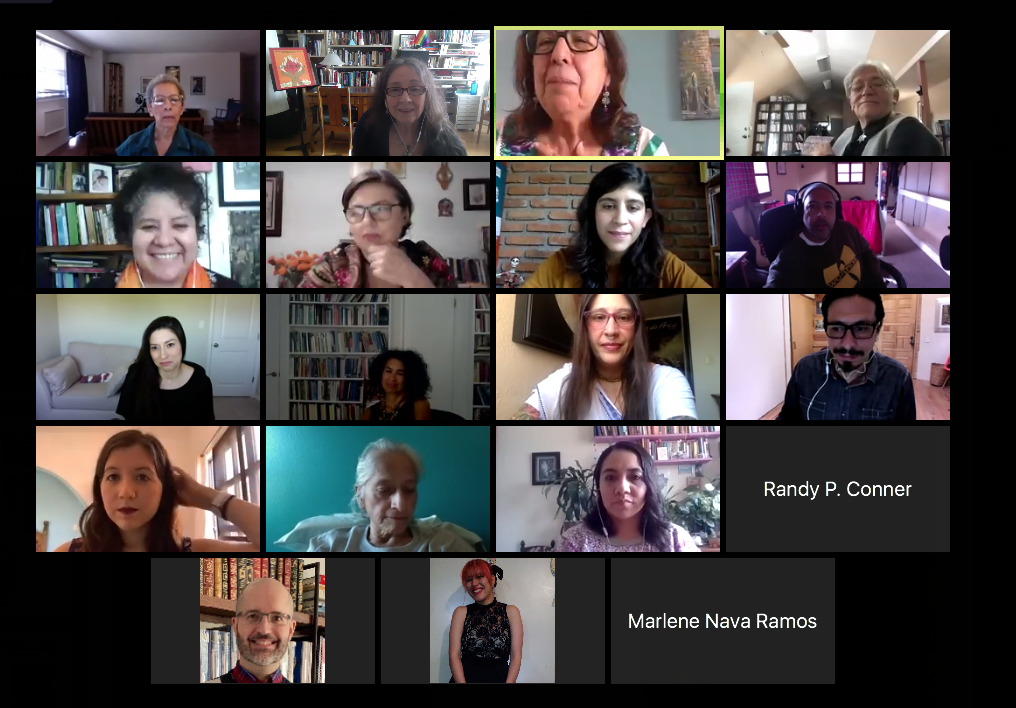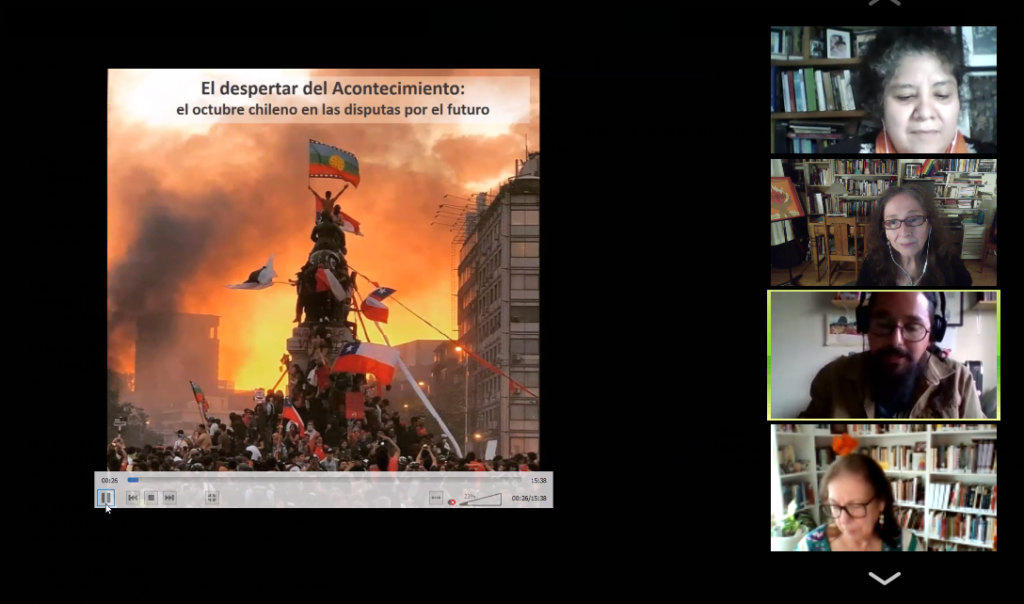Even though the use of the term Latinx in English has become quite commonplace, especially in activist and academic circles, many people in Latina/o communities in the U.S. are still discussing its merits and whether it is a word that everyone can use comfortably. The popular new program on You Tube, Prospecto Latino, which is part of VamosForward.com held a brief interview with LALS Prof. Mariana Romo-Carmona, about the subject.
Whether it’s about the use of the letter X, which tends to roll off the tongue more easily in English than it does in Spanish, or the fact that its connection with academia makes many people assume that it is an affectation rather than a real issue to take seriously, discussions about the term can be quite interesting. In fact, the use of the letter “X” on the East Coast harkens back of the Civil Rights movements of the 1960s and its reference, as Malcom X did, to a protest of slavery and an unknown colonialist past. On the West Coast, its use connects it linguistically with the X from the original Nahuatl for Mexica, and the Xicano movement (Chicano/a), again with a reference to the protests of the Civil Rights Era.
Since about 2004, however, we recognize its usage as a way to question and challenge the binary of gender to point out that using the term “Latino” for Latin American and Caribbean heritage necessarily utilizes the letter “o” and therefore indicates the masculine gender in Spanish. Utilizing Latino/Latina makes the speaker and listener choose between genders, either masculine or feminine, thereby obviating the possibility of trans experience as well as the possibility of not having to choose a gender at all. Click on the link above to hear journalist Marlene Peralta of Prospecto Latino in conversation with Prof. Romo-Carmona. The discussion is in Spanish and it addresses many of these issues, including the use of the term in Latin American countries, along with the use of “e” as a neutral choice in Spanish, and the changing trends in the language today.

